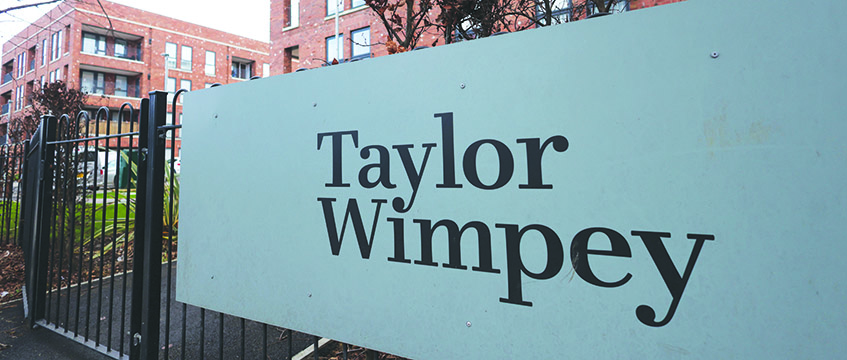London commercial landlords slash energy use
The first signatories to the Sustainable City Charter launched by Westminster City Council and Westminster Property Association have cut their average energy use per square metre by a fifth over the past year.
Derwent London, Landsec, Whitbread, the Royal Opera House, London School of Economics and Shaftesbury Capital are among the businesses that have also saved a combined 4,162 tonnes of carbon over the year.
The 19% decrease in average energy use, including electricity and gas, was achieved through interventions including increased monitoring of carbon emissions; switching to greener energy tariffs; upgrading heating and cooling systems; and encouraging cycling to work initiatives.
The first signatories to the Sustainable City Charter launched by Westminster City Council and Westminster Property Association have cut their average energy use per square metre by a fifth over the past year.
Derwent London, Landsec, Whitbread, the Royal Opera House, London School of Economics and Shaftesbury Capital are among the businesses that have also saved a combined 4,162 tonnes of carbon over the year.
The 19% decrease in average energy use, including electricity and gas, was achieved through interventions including increased monitoring of carbon emissions; switching to greener energy tariffs; upgrading heating and cooling systems; and encouraging cycling to work initiatives.
The charter was launched to tackle carbon emissions from the area’s commercial and public buildings. Westminster’s public buildings, theatres, restaurants, shops, universities, hotels and offices account for about 70% of the area’s total carbon emissions. So far, 80 Westminster-based businesses have signed.
Ryan Jude, cabinet member for climate, ecology and culture at Westminster City Council, said: “We are under no illusions that our target of being a net zero city by 2040 is a bold one. But we will only succeed if we urgently tackle emissions from commercial buildings, with property owners and businesses of all sizes fully committed to this goal.”
James Raynor, vice chair of the Westminster Property Association and chief executive at Grosvenor Property UK, added: “The progress made by signatories has been incredibly encouraging but we need to maintain momentum if Westminster is to achieve its goal of being a net zero city by 2040. Collaboration and innovation is the key to adapting the mostly older building stock in in the city and we hope more businesses will join the signatories who are working together to make this historic borough future fit.”
Photo courtesy of Westminster City Council











